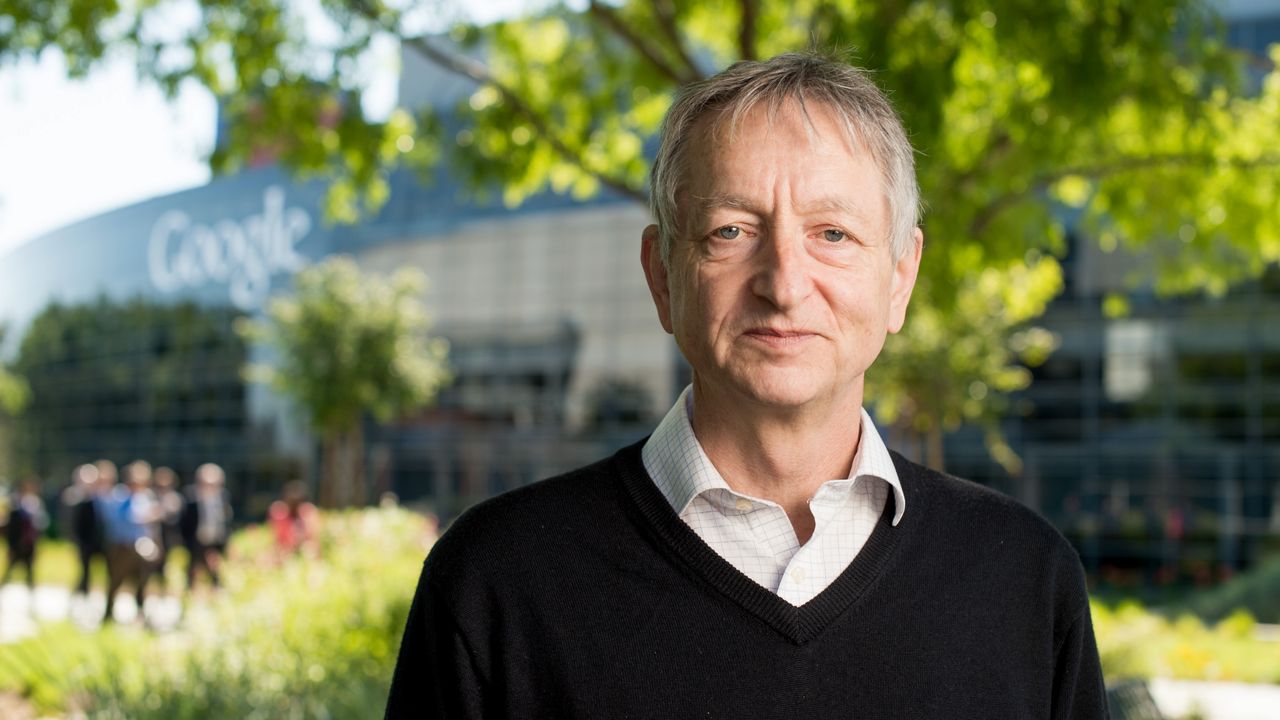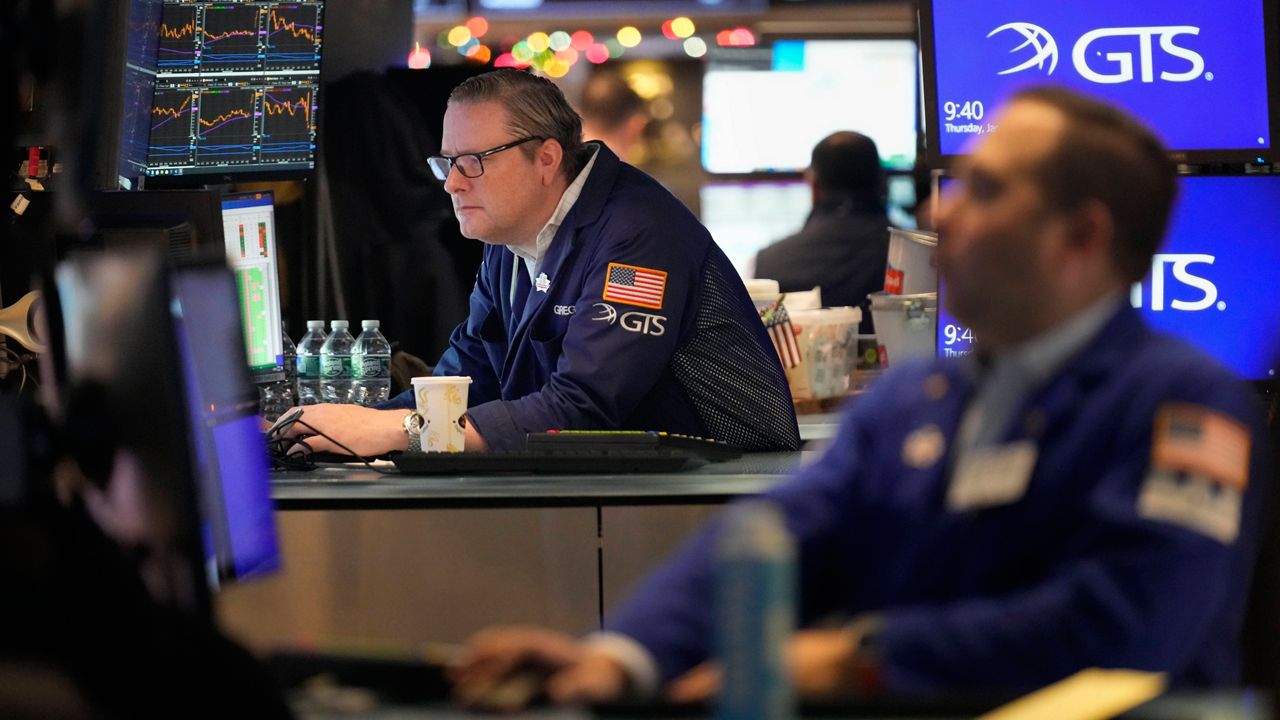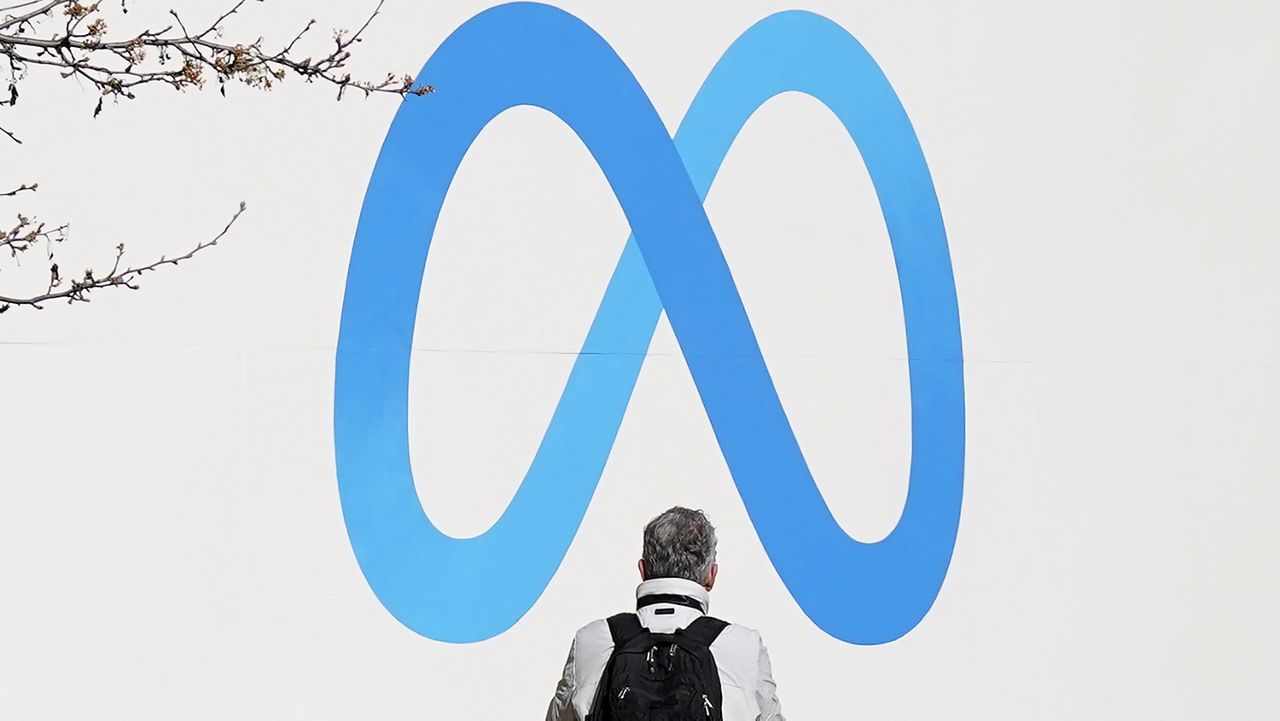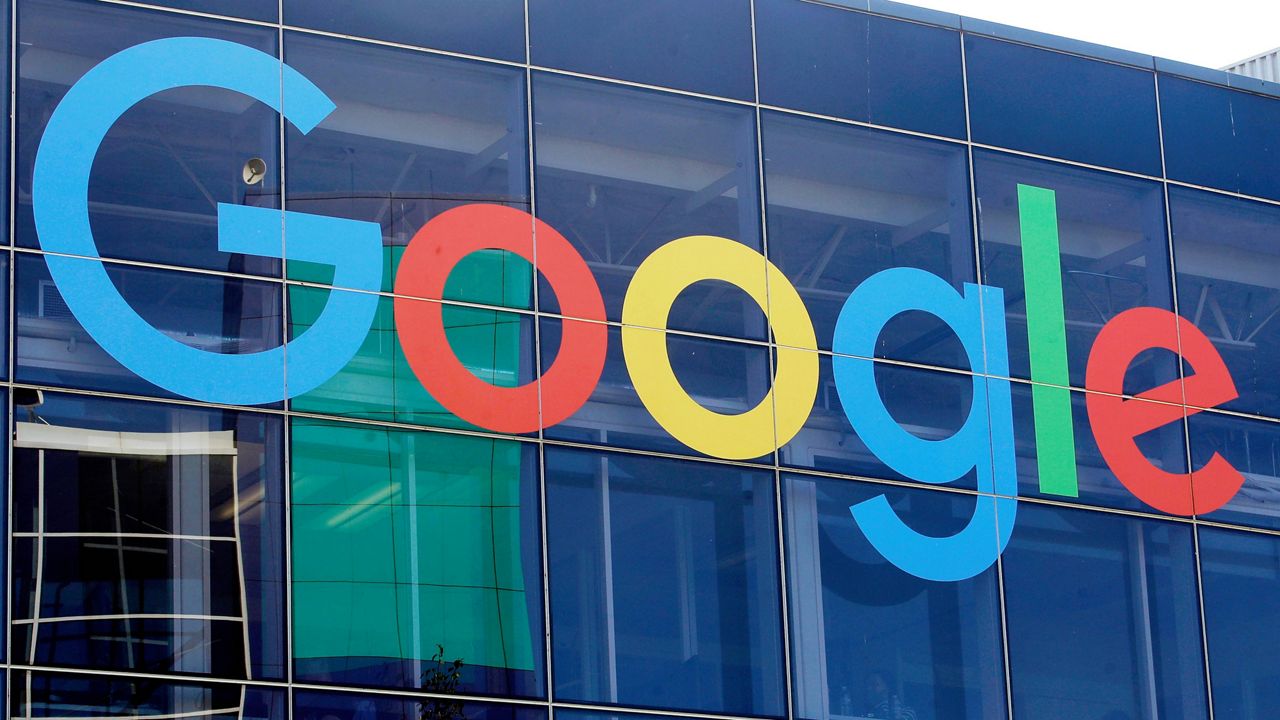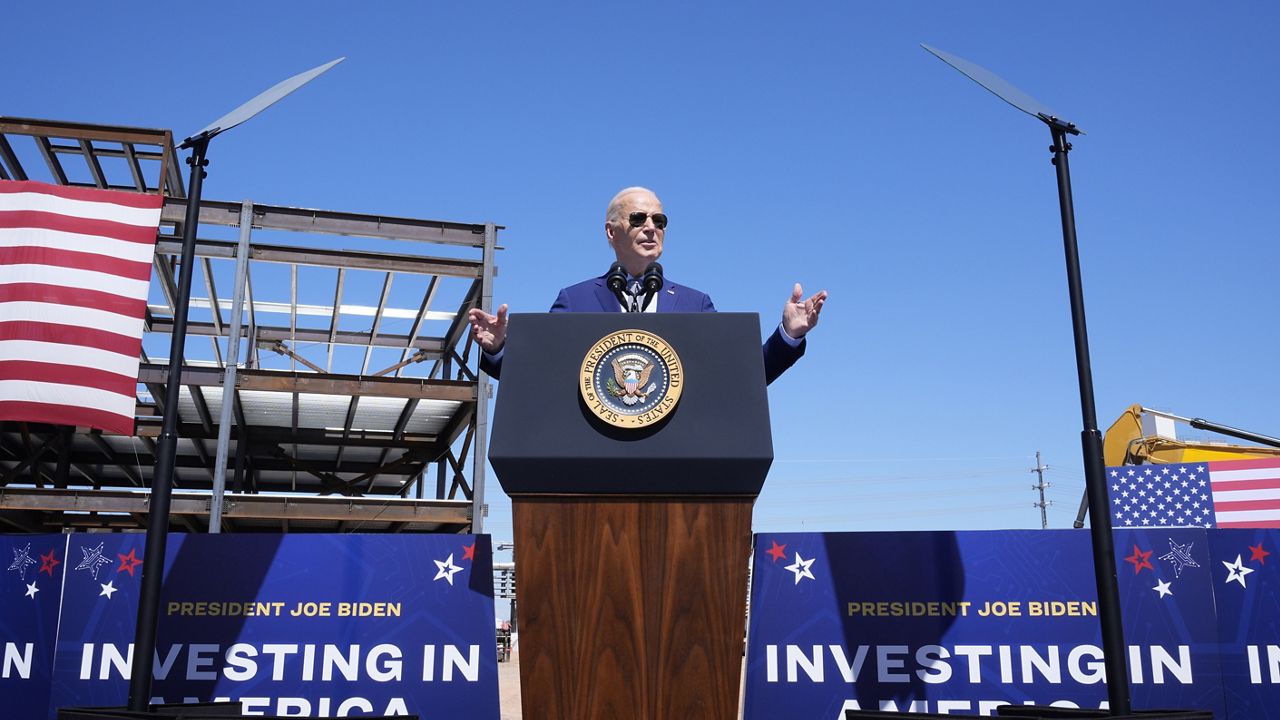The man known as “the godfather of artificial intelligence” has resigned from Google so that he can speak out against the dangers of the technology he helped pioneer.
What You Need To Know
- Geoffrey Hinton, known as “the godfather of artificial intelligence,” has resigned from Google so that he can speak out against the dangers of the technology he helped pioneer
- Hinton told The New York Times he has consoled himself by saying that if he had not worked to develop and advance artificial intelligence, someone else would have
- But, he said, “It is hard to see how you can prevent the bad actors from using it for bad things"
- The technology could help reshape everything from internet searches to scientific research, but critics warn it could take people’s jobs, result in a flood of misinformation or worse
Geoffrey Hinton confirmed in a tweet Monday that he left Google, where he worked for more than a decade. The New York Times was the first to report on his resignation. The newspaper interviewed him Thursday in anticipation of the announcement.
Hinton told The Times he has consoled himself by saying that if he had not worked to develop and advance artificial intelligence, someone else would have. But, he said, “It is hard to see how you can prevent the bad actors from using it for bad things.”
Artificial intelligence, or “neural networks,” has been Hinton’s life work. In 2012, he and two of his graduate students at the University of Toronto built a system that has paved the way for A.I. chatbots, image generators and voice cloning tools that are becoming more mainstream by the day.
The technology could help reshape everything from internet searches to scientific research. But critics warn it could take people’s jobs, result in a flood of misinformation or worse. For instance, Hinton told The Times he fears that if individuals or companies allow A.I. systems to generate and run their own computer code, we could potentially someday see a world with autonomous weapons.
“The idea that this stuff could actually get smarter than people — a few people believed that,” he said. “But most people thought it was way off. And I thought it was way off. I thought it was 30 to 50 years or even longer away. Obviously, I no longer think that.”
Hinton said Google had until recently acted as a “proper steward” for the technology, but now Google and Microsoft’s Bing search engine are locked in a competition that might be impossible to stop, pushing them to roll out technology sooner.
Google Chief Scientist Jeff Dean said in a statement to Spectrum News on Monday morning: “Geoff has made foundational breakthroughs in AI, and we appreciate his decade of contributions at Google. I’ve deeply enjoyed our many conversations over the years. I’ll miss him, and I wish him well!”
Dean added that Google is “committed to a responsible approach to AI.”
Hinton did not immediately respond to an email from Spectrum News.
In March, more than 1,000 technology leaders and researchers, including SpaceX, Tesla and Twitter CEO Elon Musk and Apple’s Steve Wozniak wrote an open letter calling for companies to pause for six months development of AI systems more powerful than OpenAI’s latest GPT-4 release.
“Contemporary AI systems are now becoming human-competitive at general tasks, and we must ask ourselves: Should we let machines flood our information channels with propaganda and untruth?” the letter said. “Should we automate away all the jobs, including the fulfilling ones? Should we develop nonhuman minds that might eventually outnumber, outsmart, obsolete and replace us? Should we risk loss of control of our civilization?”
Days later, the Association for the Advancement of Artificial Intelligence released a letter also warning of the risks of A.I.
Hinton did not sign either letter.





